Imagine stepping on stage, free from the frustration of tangled chords and fear of unplugged pedals. That freedom to move liberally can be boosted by wireless guitar systems. In my time exploring guitar technology at Guitar Player magazine, I’ve experienced this dramatic shift and it’s clear that the best wireless systems transform musicians’ performances. But which system reigns supreme?
Back in the day, initial wireless systems were plagued with issues such as limited range and interference. These were obstacles that scared many musicians away. However, modern wireless guitar systems have evolved, offering robust qualities that would make any musician’s life far simpler. But how do they stack up against each other?
I’ve tirelessly traversed this technological landscape, and in this comprehensive guide, I’ll share my insights on the best wireless guitar systems available today, paving the path to your uncluttered musical liberation.
Understanding the Wireless Guitar Technology
The Necessity of Wireless Systems for Guitarists
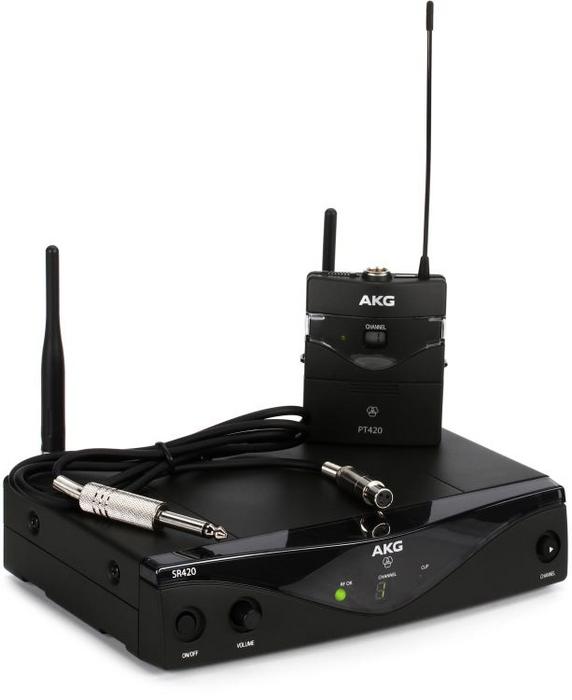
Over the years, I’ve seen countless live performances transformed by the freedom and flexibility provided by wireless systems. Understanding the wireless guitar technology to its core can open up a whole new dimension of on-stage dynamism and creativity for guitarists. This shift can lead to extraordinary crowd engagement and a heightened artistic expression. The necessity of wireless guitar systems becomes evident when we unravel the shackles of cord-bound limitations, freeing guitarists to move around, interact with the audience, and exploit the stage fully.
Imagine, amidst an intense gig, the ability to wander among your fans, strumming your guitar, without tripping over cables or limiting your performance area. That’s the liberation wireless technology offers! The convenience and unrestrained musical exploration these systems provide are truly transformative. It’s an investment into broadening your horizons as a performer, enabling you to create unforgettable shows that truly resonate with your audience.
Key Features of Wireless Guitar Systems

Before we delve into individual reviews and comparisons, it is crucial we demystify what makes a wireless guitar system exceptional. In my experience as a veteran editor, the wireless system features are the major determinants for the overall performance and reliability of these products.
The first critical feature is the range of operation. A system that allows you to move freely on stage without losing connection or signal quality is paramount. Secondly, the frequency response should be wide enough to perfectly capture the guitar’s complete range without any loss in fidelity. Lastly, battery life and durability, a gamechanger in ensuring uninterrupted, long-term use.
These standout features of wireless guitar systems should be at the forefront while making your choice. They’re the embodiment of ‘the whole is greater than the sum of its parts,’ contributing immensely to the overall theme, ‘Understanding the Wireless Guitar Technology.’
Assessing the Performance and Reliability of Wireless Systems
Importance of Performance in Wireless Guitar Systems

Performance should not be compromised when using wireless systems with guitars. Throughout my career, I’ve observed that wireless system performance greatly influences the guitarist’s sound and overall playing experience. In this context, quality performance would mean minimal signal loss, latency, and interference, aligning with the key concepts I discussed previously in ‘Assessing the Performance and Reliability of Wireless Systems’.
From a guitarist’s perspective, a wireless system should remain invisible – eliminating physical constraints but keeping tonal integrity intact. A well-performing wireless system allows the freedom of movement on stage, fluid communication between devices and accordingly, a captivating performance.
With modern advances, wireless technology has drastically improved and continues to evolve, yet it’s essential to consider performance quality when selecting your system. By evaluating the performance, one ensures the wireless system fulfills its purpose: enhancing the guitarist’s ability to fully express their musical potential without obstructions or quality concerns.
Reliability of Wireless Guitar Systems
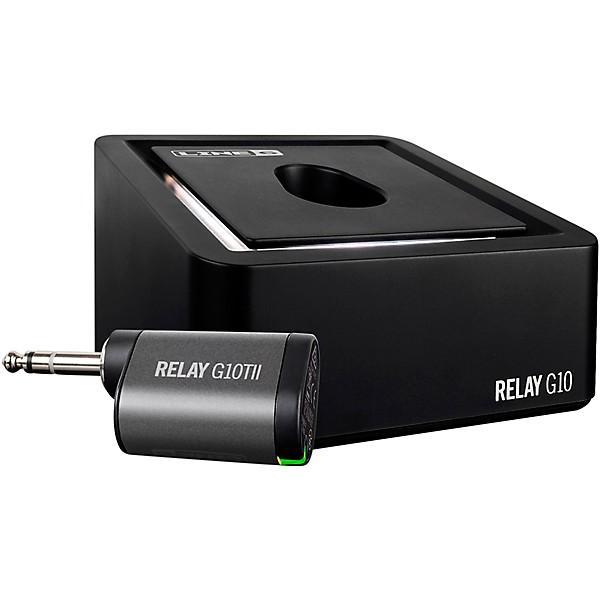
My in-depth experience and extensive evaluations have taught me that wireless system reliability often determines the success of a performance. A wireless guitar system’s reliability ensures seamless transmission, preventing sudden signal loss or interference that can mar a performance. Remember, inconsistencies or glitches are simply unacceptable.
Good battery life, robust construction, and durable components – these are the tenets of system reliability that we will seek in the top-notch wireless guitar systems. Trust me, as a performer who has spent long hours on stage, I know that these factors can be the difference between an immersive musical journey and an unending nightmare of technical issues. Ensuring that your wireless guitar system is reliable not only enhances performance but also instills peace of mind.
Join me as we navigate through the essential aspects of wireless system reliability, contributing to your informed choice of the best wireless guitar system.
Top Wireless Guitar Brands and User Reviews
A Look at Top Guitar Wireless Brands
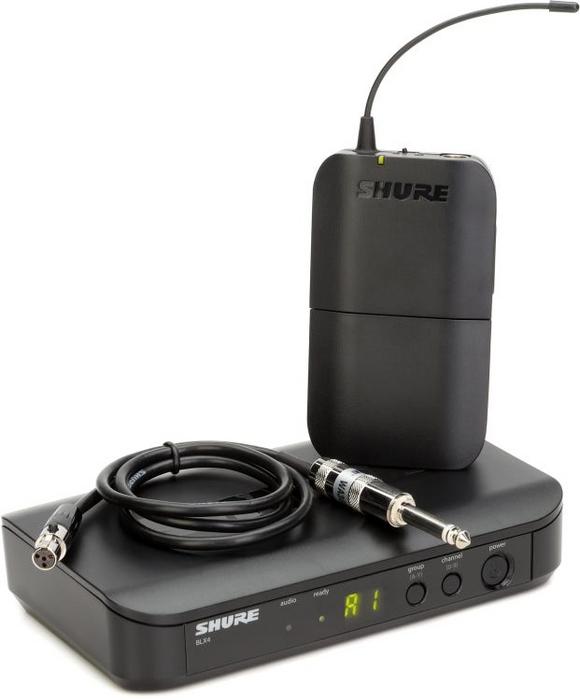
Having engaged extensively with top wireless guitar brands over the years, I’ve delved deep into the strengths, weaknesses, and unique selling points of each. Tagging along this journey, here’s a detailed look at what these brands offer.
Shure, a trusted name in the industry, excels in reliability and high-quality sound. Their GLXD16 model is an excellent option for professional guitarists. Sennheiser is another reliable brand with great sounding systems such as the XSW-D Pedalboard Set which provides seamless integration into your guitar rig.
Line 6, leading in digital wireless technology, offers versatile, budget-friendly options like the G50 and G90. For a great balance of price and performance, consider the AKG WMS 40 Mini.
You’ll find more insights in the user reviews section, which initiates a deeper dive into the real-world performance of these top wireless guitar brands. Rely on this overview and subsequent sections to decide the best fit for your musical pursuits.
Wireless Guitar System Reviews and Opinions
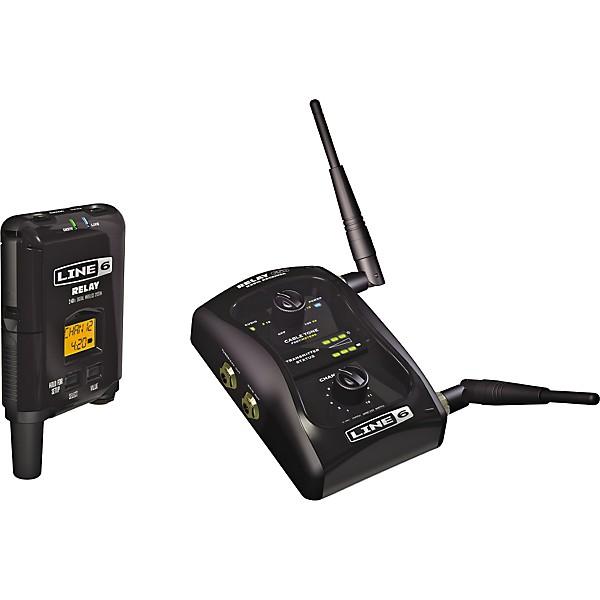
Having spent significant time immersed in wireless guitar reviews at Guitar Player, I’ve honed my expertise on the performance of these systems. Let’s examine some essential feedback. It’s obvious that a guitarist’s wireless system can make or break their performance. From my extensive review, the reliability and sound quality of top brands are unparalleled – equipping musicians with the freedom to move around whilst maintaining impeccable sound.
A recurring emphasis in user reviews is the longevity and durability of these systems. One cannot underscore the importance reliability plays. The highly-rated brands tick this box, enabling musicians to focus solely on their performance.
Frankly, the true test of a wireless system lies in its daily use. These reviews integrate a spectrum of experiences and situations that shed light authentically on system performance. They’re a valued part of my analysis for ‘Wireless Guitar System Reviews and Opinions’ and critical for musicians to consider.
Wireless System Comparison
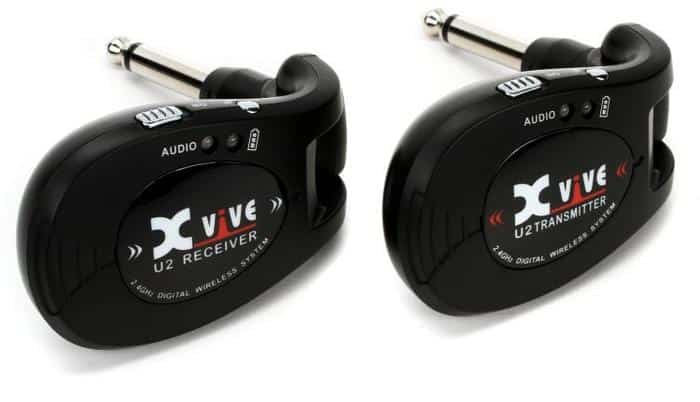
So, what happens when you put the best wireless guitar systems head-to-head? Piercing through the noise to present a clear, insightful, and informed wireless system comparison is no easy task, but it’s a thrilling challenge I embrace. Throughout my career, I’ve analyzed hundreds of guitar gear, providing readers with insights to help make their choice easier. I’m confident that I can do the same as we embark on this journey, assessing the most sought-after wireless systems in the market today.
Every wireless system has its unique attributes, and my role is to ensure these features are brought to the forefront. Looking at aspects like ease of use, quality of sound transmission, and versatility, I’ll share with you my candid take on the performance and reliability of different options. Guided by my passion for music technology and years of hands-on experience, we’ll delve deep into metrics that matter, helping you find a wireless system that seamlessly fits your style and needs.
As we prepare to transition into the heart of this wireless system comparison, I find myself equally excited. The stories these systems have to tell are full of nuances—traits that might be the difference between an alright performance and an unforgettable one. I’m committed to helping you navigate this, providing a balanced, expert perspective. A journey awaits us, one that will explore the best wireless guitar systems available today, and I couldn’t be more thrilled to share it with you.
FAQs
What is a wireless guitar system?
How to choose the best wireless guitar system?
Which brands produce high-quality wireless guitar systems?
Is there a noticeable difference in sound quality when using a wireless system?
Conclusion
As we conclude, I want to utilize my vast experience in guitar journalism to summarize and present the crux of our discussion about wireless guitar systems. Let’s wrap this up together. Determining the best wireless guitar system is not a simple task. We’ve examined various aspects: the technological underpinnings, key features, performance reliability, and user reviews from leading brands.
Having traversed through the terrains of wireless guitar systems, what distilled wisdom can we gather? Importance lies in assessing your personal needs, budget, and sound requirements. Wireless guitar systems, while incredibly versatile, may not be ideal for everyone. They are, however, a surefire way to provide performances with a newfound freedom and deeper engaging presence.
Top brands like Shure, Line 6, and Sennheiser dominate the market for a reason. Their products have proven time and again to deliver excellent performance and reliability. Remember to consider all factors before making a decision. In this ever-evolving field, technology, user reviews, and reliability remain key foundations for the wireless guitar system that’s just right for you.
